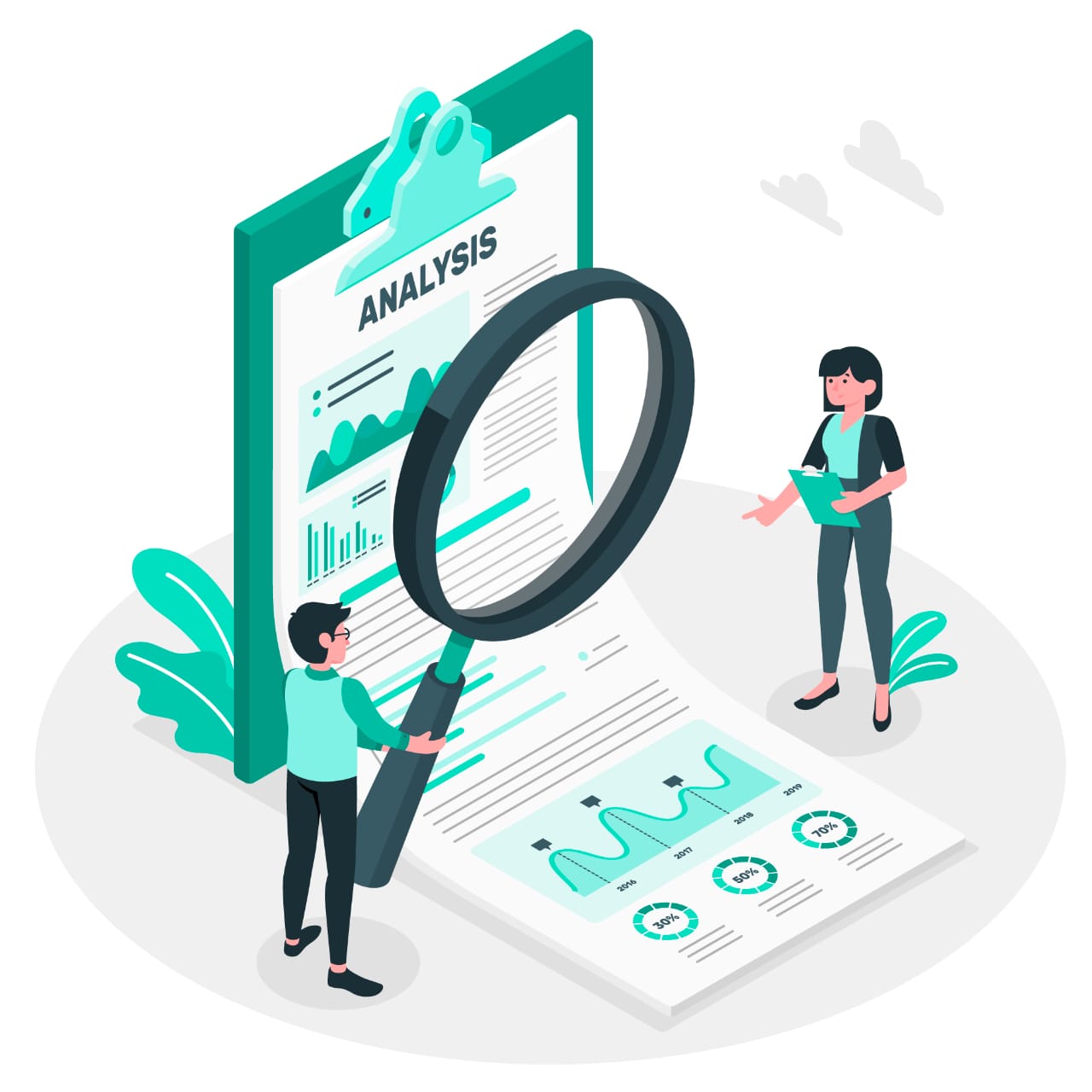Just like every other industry, the Financial Sector has also embraced the AI (Artificial Intelligence) phase. This is a transformational step in the Digital Marathon we are into, a journey that began with the advent of the internet and has helped organisations climb various stages of digitalization.
Before diving into how AI is changing financial risk management, let’s briefly understand what AI is. It is a technology that creates smart machines that are capable of learning themselves, organizing, and interpreting information and delivering results accordingly.
Role of AI in Financial Risk Management
We all are well aware that India’s financial ecosystem comprises banks, stock markets, fintech startups, NBFCs, and regulatory bodies. Thus, managing risk efficiently in such a vast and
ever-evolving landscape requires more than just historical data analysis and set theories. Here comes in AI – a game-changer innovation, ready to revolutionize managing risks in financial markets by offering faster insights, predictive analysis, and automated risk assessment mechanisms.

Features of AI that makes it imperative for Managing Risk
- Ability to acquire insights from massive amounts of structured as well as unstructured
- Predicting market volatility by analyzing historical trends, people sentiments, and trading
- Improved forecasting accuracy as they continuously learn from new
- Illegal activity identification and reduction by using fraud detection
- Faster risk detection by analyzing enormous data quickly, allowing users to take proactive
AI Applications in Financial Risk Management
a. Fraud Detection and Prevention
With the rise of digitalisation and e-banking, financial frauds are growing at a rapid pace in India. AI-enabled fraud detection systems use machine learning algorithms to analyze huge datasets and identify unusual patterns in transactions, account takeover attempts, and phishing attacks. This aids this industry in detecting potential frauds in real-time which apparently helps in minimising losses due to cyber threats.
b. Credit Risk Assessment
How did banks and NBFCs assess creditworthiness of the applicant/borrower? They relied heavily on their CIBIL scores and financial parameters. The challenge with this was it excluded individuals who are first-time borrowers or have limited credit records because of no digital footprints. AI significantly overcomes this challenge by using alternative data sources including Social Media Behaviour, Utility Bill Payments, and E-commerce Transactions along with their financial parameters to assess.
c. Stock Market Analysis
One of the most important marketplace in the financial ecosystem of India is the Stock Market. It is highly volatile and has multiple investment opportunities, making it challenging to take trading/investing decisions. Enters AI – Stock market platforms are now using AI to
provide faster insights, chart analysis, and trading recommendations to their users, offering them all the relevant information and data to make informed decisions.
d. Regulatory Compliance
Being compliant and adhering to all the guidelines established by the authorities is essential for the continued operations for the financial institutions. To overcome this, financial institutions now use AI-driven softwares/solutions to automate certain things such as – whether all the compliance guidelines are being followed or not and to detect abnormalities in financial transactions.

What are the challenges faced by the financial institutions in adopting AI for Risk Management in India?
- Data Privacy
One of the biggest concerns with adoption of AI is data privacy. This is because of the possibility of AI tools inappropriately using personal data, which may put companies to face legal, reputational and compliance consequences.
2. Costing
Another major challenge is high implementation costs. These costs include infrastructure, talent acquisition and training costs to be borne by the organisations.
3. Prone to Mistakes
AI modes are built and trained by humans. As a result, they have the same blind spots that people do and also have a penchant for bias.
In the digital era, where the financial industry is evolving every day, financial risks are becoming more complex. Here, AI is emerging as an important tool for providing efficient, smarter, and faster
data-driven risk management solutions. As the industry is becoming more tech-friendly, embracing AI early will give a competitive edge in mitigating risks.


